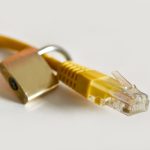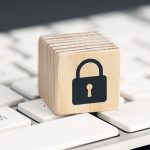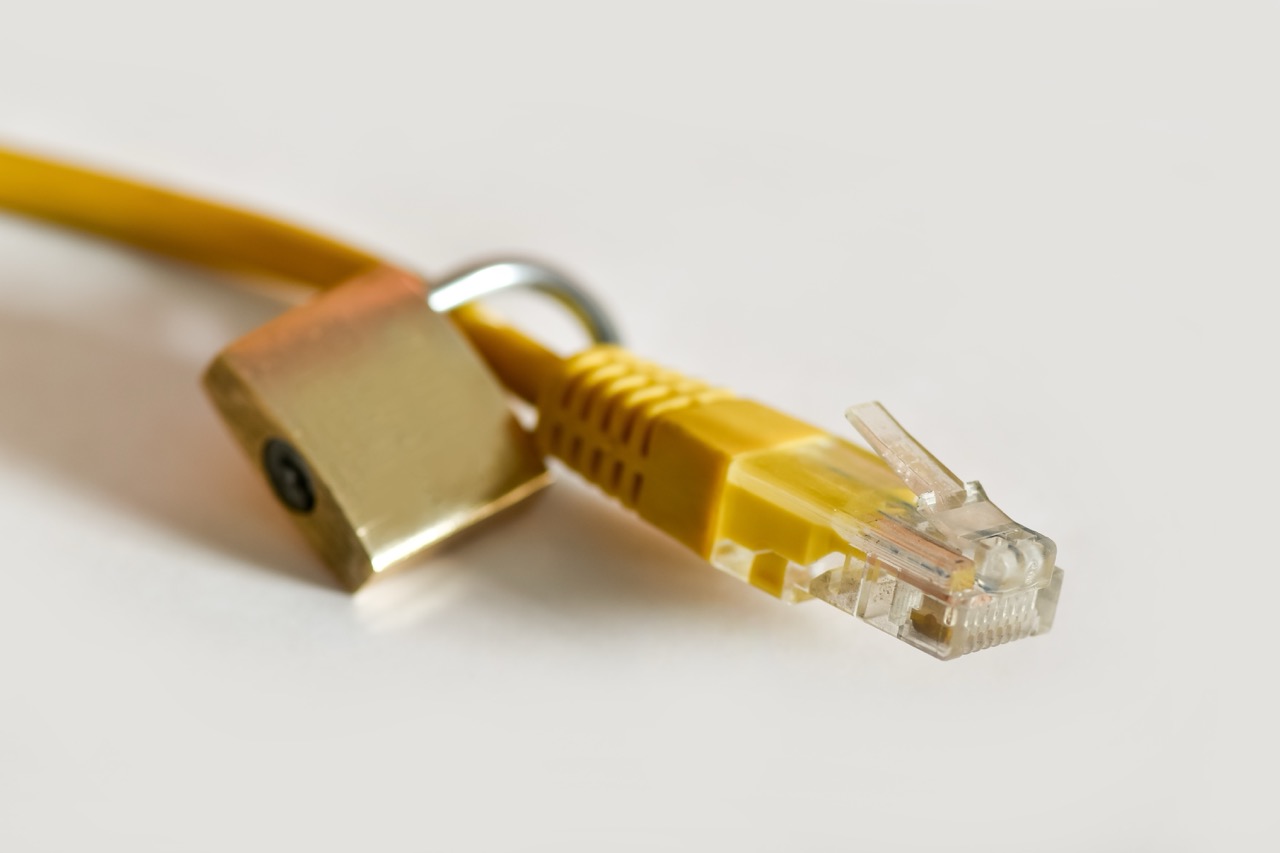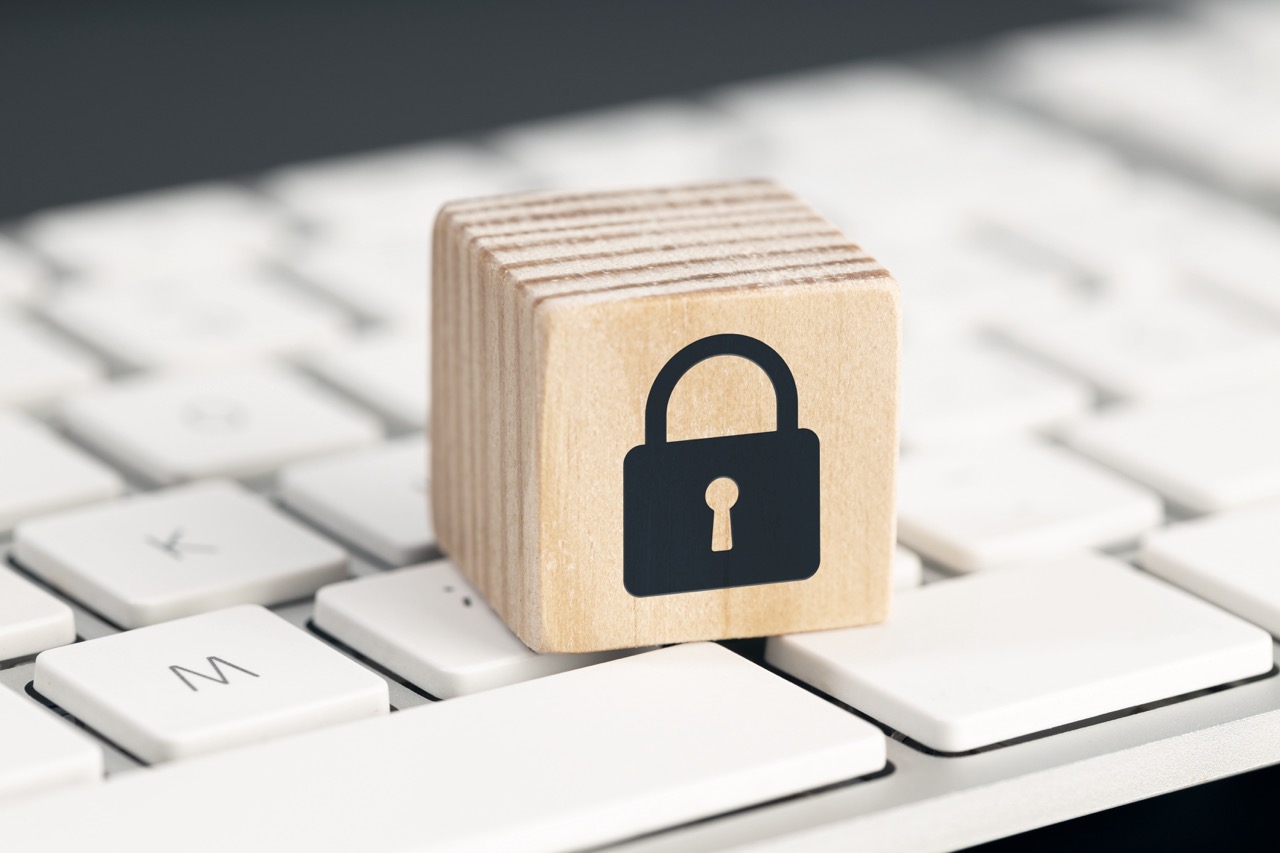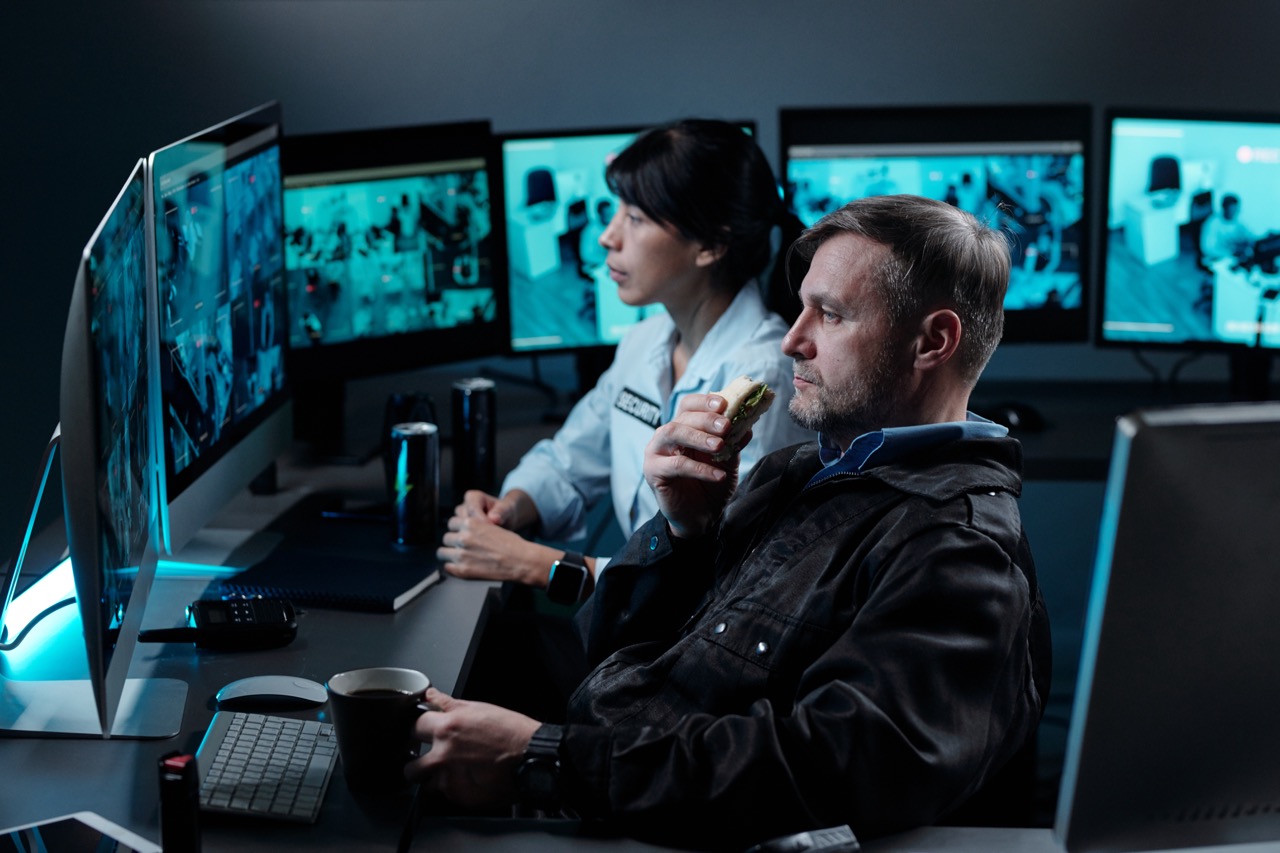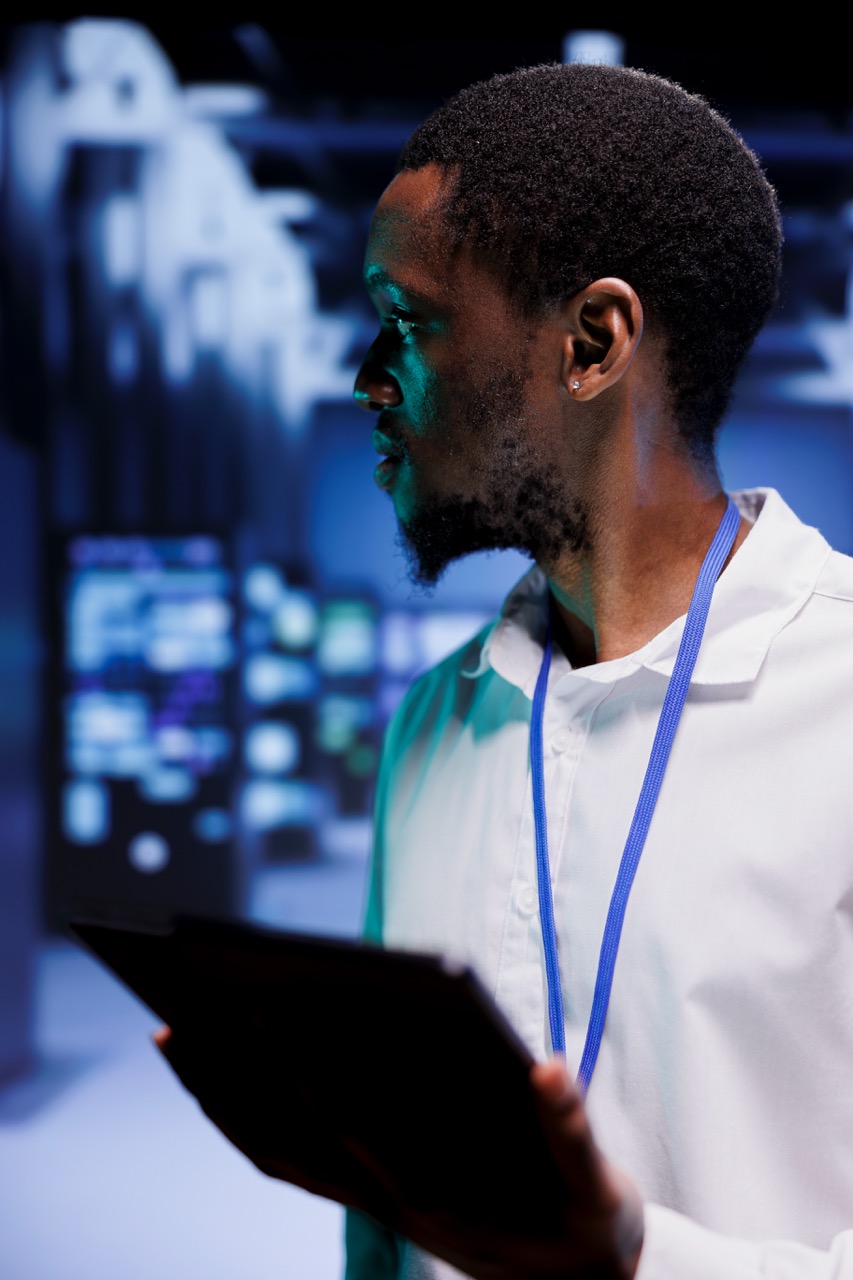In an era where information is at the forefront of societal change, journalists and activists play a pivotal role in promoting transparency and accountability. However, their work often places them in precarious situations, exposing them to threats ranging from governmental surveillance to outright censorship. Virtual Private Networks (VPNs) have emerged as essential tools in this landscape, offering enhanced security and anonymity. This article delves into the importance of VPN technology for journalists and activists, emphasizing its role in safeguarding sensitive information, ensuring privacy, and facilitating global communication.
Understanding VPN Technology: A Critical Tool for Safety
VPN technology creates a secure tunnel between a user’s device and the internet by encrypting data and masking the user’s IP address. This process is vital for journalists and activists operating in hostile environments, as it protects their online activities from prying eyes. By rerouting internet traffic through servers in different locations, VPNs help maintain the integrity of the user’s connection, mitigating the risk of interception by third parties, including state actors and malicious entities.
As the landscape of digital communication evolves, so too do the methods employed by those who seek to surveil or harass journalists and activists. VPNs serve as a first line of defense, enabling users to browse anonymously and access blocked content without revealing their identities. This technical buffer provides a level of security that is crucial not only for personal safety but also for the protection of sensitive sources and information. Understanding how VPNs work and their significance in digital safety is essential for those who operate in high-stakes environments.
Additionally, the range of VPN services available today varies widely in terms of features, reliability, and jurisdiction. Journalists and activists must choose VPNs that are specifically designed for high-security needs, ensuring a robust encryption protocol and a strict no-logs policy. By doing so, they can effectively shield their activities from surveillance, thus enhancing their overall safety while conducting their vital work.
Protecting Sensitive Information from Surveillance Threats
In many parts of the world, journalists and activists face significant surveillance threats from both state and non-state actors. These threats can manifest as monitoring of online activities, hacking attempts, or even physical intimidation. VPNs protect sensitive information by encrypting internet traffic, making it exceedingly difficult for unauthorized entities to access or decipher data. This encryption is crucial for safeguarding communications with sources, especially when discussing sensitive subjects that could endanger both the source and the journalist.
Moreover, in countries with stringent censorship laws, the risk of being monitored is heightened. Journalists working in such environments must be particularly vigilant about their digital security. A VPN not only conceals browsing activities but also provides a means to communicate securely. By utilizing a VPN, journalists can share information without fear of interception, allowing them to continue their work without compromising their sources or the integrity of their investigations.
Furthermore, the ability to bypass government-imposed firewalls is another significant benefit of VPN technology. Activists and journalists often find themselves cut off from vital information or restricted from accessing platforms that are essential for their work. A VPN allows them to navigate these barriers seamlessly, ensuring that they can access information and share their findings without obstruction. This capability is essential for fostering informed public discourse and ensuring that critical issues are brought to light.
Ensuring Anonymity: The Journalist’s Shield Against Censorship
Anonymity is a cornerstone principle for journalists and activists, particularly those who report on controversial or politically sensitive topics. VPNs facilitate this anonymity by obscuring the user’s IP address, making it challenging for adversaries to track their online activities. This layer of protection is invaluable in environments where dissent is met with severe repercussions, allowing journalists to operate with a degree of safety that would otherwise be unattainable.
In addition to protecting individual identities, VPNs also serve as a collective shield for organizations that work with multiple journalists and activists. By implementing VPN technology across their teams, organizations can create a secure environment where information is shared without fear of exposure. This collective anonymity fosters collaboration and innovation, as members can exchange ideas and insights without the looming threat of censorship or retaliation.
Moreover, the importance of anonymity extends beyond just personal safety; it also enhances the credibility of the work being produced. When journalists can operate without fear of reprisal, they are more likely to pursue stories that challenge the status quo, expose corruption, and hold power accountable. In this way, VPNs not only protect individuals but also serve as enablers of a free press and robust civil society.
Safeguarding Communications: Encrypting Data for Privacy
The encryption provided by VPNs is a critical feature that safeguards communications between journalists, activists, and their sources. This level of encryption ensures that conversations, whether through emails, messaging apps, or voice calls, remain private and secure from eavesdroppers. Given the increasing sophistication of surveillance technology, all parties involved in sensitive discussions must prioritize the use of encrypted channels to maintain confidentiality.
Additionally, encrypted communications help to create a safe space for sources to share information without fear of exposure. Many whistleblowers or informants require assurance that their identities will remain confidential, and VPNs assist in providing that security. This trust is essential for journalists seeking to uncover truths that might otherwise remain hidden, particularly in environments characterized by corruption or repression.
Moreover, the implications of using encryption extend beyond individual communications. They contribute to a broader culture of privacy and respect for individual rights. By adopting secure communication methods, journalists and activists reinforce the principle that privacy is a fundamental human right, deserving of protection. This commitment to safeguarding communications not only enhances the integrity of their work but also promotes a societal norm that values privacy and freedom of expression.
Overcoming Geographical Restrictions for Global Reporting
Geographical restrictions pose a significant challenge for journalists and activists who aim to access information from around the globe. Many governments impose internet censorship, blocking access to foreign news sites and social media platforms that could provide critical context for their work. VPNs effectively circumvent these restrictions, allowing users to connect to servers in different countries and access a wealth of information that would otherwise be unavailable.
By utilizing VPN technology, journalists can stay informed about global events and trends while conducting their research. This access is vital for comprehensive reporting, as it enables journalists to gather diverse perspectives and verify information from multiple sources. In an age where misinformation can spread rapidly, the ability to access uncensored information is crucial for maintaining journalistic integrity and producing accurate, well-rounded reports.
Furthermore, VPNs also facilitate international collaboration among journalists and activists. By connecting with peers in different regions, users can share insights, strategies, and experiences that enrich their understanding of global issues. This interconnectedness is essential for fostering solidarity and amplifying voices that might otherwise be marginalized. In this sense, VPNs serve not only as tools for individual security but also as enablers of a more informed and engaged global civil society.
Legal Considerations: Navigating VPN Use in Risky Environments
While VPNs are powerful tools for journalists and activists, their use is not without legal considerations. In some countries, the use of a VPN may be restricted or illegal, and being caught using one can lead to severe penalties. Journalists and activists must navigate these legal frameworks carefully, weighing the risks of using a VPN against the potential benefits for their safety and effectiveness in their work.
Understanding the legal landscape surrounding VPN use is paramount, particularly in regions characterized by authoritarian governance. In such environments, the stakes are high, and legal repercussions can extend beyond fines to imprisonment or worse. Consequently, journalists and activists must conduct thorough research and seek legal counsel if necessary before utilizing VPN technology to ensure they are making informed decisions about their digital security.
Moreover, ethical considerations play a crucial role in the decision to use a VPN. Journalists and activists must evaluate the implications of their actions within the context of their larger mission. While a VPN can enhance personal security, it is essential to remain mindful of the potential consequences for sources and communities. Striking a balance between using technology for protection and adhering to ethical standards is critical for maintaining credibility and integrity in the pursuit of truth.
In conclusion, VPN technology has become an indispensable asset for journalists and activists navigating the complex landscape of digital communication. By providing security, anonymity, and access to information, VPNs empower those who seek to hold power accountable and advocate for change. However, the use of VPNs also entails navigating legal and ethical considerations, underscoring the importance of informed decision-making. As the challenges facing journalists and activists continue to evolve, the need for robust tools like VPNs will remain a cornerstone of their efforts to promote transparency and uphold fundamental rights.
